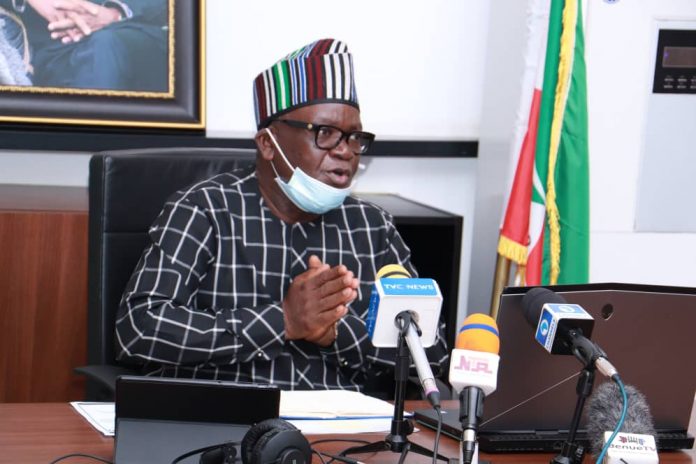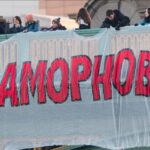By Adamu Lawal Toro
It is now estimated that over 2,000 people have been killed and over 1.5 million people are in IDP camps in Benue State following the sustained skirmishes between farmers and herders between 2017 and 2021.
This bloodletting has constituted a great risk to food production in one of the most productive agricultural lands in Nigeria and has consequently spilled over to the neighbouring Nassarawa and Taraba states, resulting in the mass relocation of the Tiv ethnic farming communities.
Statistics from the state government indicates that between 2013 and 2016, 1,269 people were killed in 14 of the 23 local government areas as a result of clashes between herders and farmers over destruction of farmlands by livestock and rustling by Tiv youths. As part of its response to the escalating violence, the state government signed into law the anti-open grazing prohibition and ranching bill 2017. The law prohibits open rearing and grazing of livestock and provides for establishment of ranches and livestock administration, regulation and control and other matters connected with it.
The law which had a grace period of about six months before its enforcement, prohibits movement of livestock within the state on foot from place to place and makes it mandatory that any movement of livestock must be on rail or in trucks.The law criminalises the actions of “land grabbers” for purposes of residence, grazing or ranching or any other purpose thereto. In essence, the law is meant to make Benue a no-go area for all herdsmen.
By October, 2020, three years after implementing the law, about 8,000 livestock and 210 goats were said to have been impounded and over 400 persons arrested.
Four years on, the security situation continues to remain tense as farmers and herdsmen are still being killed and livestock still being rustled. The remnants of the Gana boys are still active in rustling and reprisals on local communities continue unabated. It is in the light of these that some elders from the state led by the Minister of Special duties, Dr George Akume, sought the leadership of the Miyetti Allah Cattle Breeders Association of Nigeria (MACBAN) to meet and find an alternative conflict resolution mechanism to bring an end to the conflict between the two communities that have lived together for over 100 years.
The two sides agreed that they have no alternative but to work together to fish out the criminal elements on both sides that exacerbate the conflict for their selfish benefits.
But the problem will remain without the cooperation of the state government in bringing about changes to its anti-open grazing law that is seen by the Fulani as not only being draconian but designed to deny them their economic existence.
The rigid stance of Gov Samuel Ortom, who believes that it is the refusal of the federal government to declare a state of emergency and the attempt by what he described as the Fulanization of the conflict by President Muhammadu Buhari that are making the situation to subsist. The governor still believes the anti-open grazing law is the only solution that can bring succour to the displacement of “his people from their own lands”.
But conflicts between the Fulani and the Tiv in the Benue Valley has been there from time immemorial. While in the past elders and leaders of the two communities were involved in amicable settlements, the politicisation, population explosion and the climate change that is seeing more and more people migrating to the Benue Valley make it necessary to evolve a new approach to the situation for both the farmers and the herders.
Allowing communities to take the law into their hands will continue to delay the peaceful resolution of this conflict. There is need for the federal government to come up with a disarmament programme where both the Tiv youths and the herders are dispossessed of their arms. Continuous belligerence and tough talk from the Kautal Hore leadership and the Benue State governor will only ensure that more lives are wasted.
There is need for a third party to wade in to support the peace initiatives to make the return of displaced people to their ancestral homes a priority and allow the indigenous Fulani people of Benue to carry out their normal economic activities under reviewed laws devoid of discrimination.
It is time to silence the guns and allow normalcy to return to Benue State.
Toro is of No. 22 Bambari Crescent, Wuse Zone 7, Abuja.

 Join Daily Trust WhatsApp Community For Quick Access To News and Happenings Around You.
Join Daily Trust WhatsApp Community For Quick Access To News and Happenings Around You.


